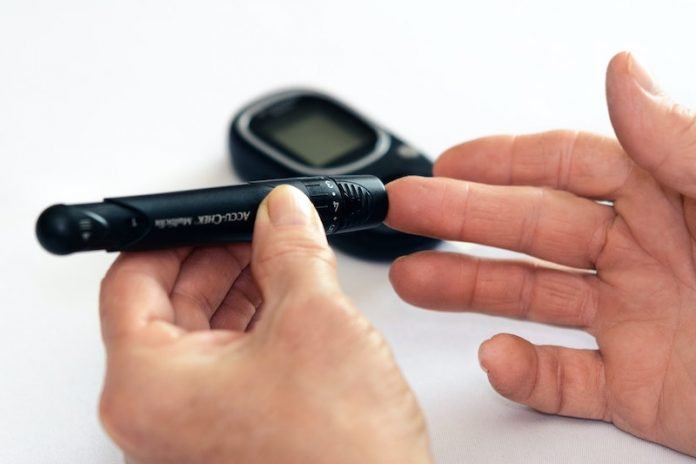
Scientists from Oregon Health & Science University found why people with diabetes, asthma and other conditions that involve chronic inflammation are more susceptible to the coronavirus and tend to experience more serious COVID-19.
They found the virus that causes COVID-19 infected more cells in lab-made blood capillaries, or tiny blood vessels, that were treated with an inflammatory agent.
The research was posted on bioRxiv and was conducted by Luiz Bertassoni et al.
In the study, researchers engineered blood capillaries in small, transparent devices etched with tiny channels. The scientists filled those channels with cultures of two types of cells: stem and endothelial.
Endothelial cells line the interior of blood vessels and capillaries and are also involved in the body’s inflammatory response, while stem cells have the unique ability to develop into other cell types.
Inside the transparent device, the stem cells naturally developed into pericyte cells, which wrap around endothelial and help manage blood flow in blood vessels and capillaries.
This study builds on previous research, which has indicated pericytes are involved in COVID-19 symptoms such as myocarditis, cognitive challenges and long COVID.
The researchers exposed the lab-made capillaries to spike proteins from the virus that causes COVID-19, and then compared the tissues under a microscope.
They found much more spike proteins attached to the lab-made capillaries that were treated with the inflammatory agent.
The team hypothesized that chronic inflammatory health conditions, such as obesity, diabetes and asthma, could be particularly dangerous to pericytes.
The researchers suggest this could, in turn, make it easier for SARS-CoV-2 to pass through vessels, proliferate and spread throughout the body.
The findings show that inflammation appears to expose pericytes more to SARS-CoV-2, the virus that causes COVID-19.
Better understanding [of] the vascular mechanisms behind this could help us find new ways to treat or prevent COVID.
Sign up for our newsletter for more information about this topic.
If you care about COVID, please read studies that Pfizer vaccine can successfully treat COVID-19, and how dangerous is BA.2, the new COVID-19 variant.
For more information about COVID, please see recent studies about how finger length could help predict severe COVID-19, and results showing a universal antibody therapy for all COVID-19 variants.
Copyright © 2022 Knowridge Science Report. All rights reserved.



